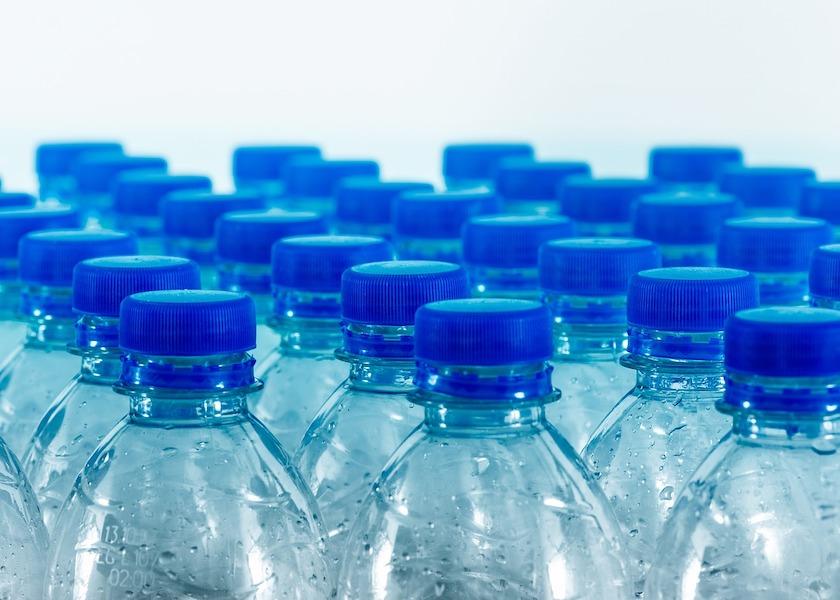Rumens Might Hold the Keys to Plastic Recycling

The rumen is well-recognized in the dairy and beef industries as the digestive superstation that amazingly transforms feedstuffs that humans can’t digest into highly nutritious meat and dairy products that provide essential amino acids that can’t be sourced from plants.
Now, the rumen may be taking center stage in digesting another global challenge: plastics.
Since the 1950s, 8 billion tons of plastic have been produced worldwide. Plastic pervades our daily lives in everything from automobile parts to water bottles and stock tanks to calf bottles. But its versatility and durability also make plastic a challenging substance to recycle.
Enter the rumen, Mother Nature’s original tough-material-breakdown machine.
Austrian Researcher Doris Ribitsch and her team at the University of Natural Resources and Life Sciences in Vienna theorized that because the rumen is so efficient at disassembling tough plant materials, it may have the same effect on plastic. In fact, some feedstuffs contain a natural plant polyester (cutin) whose chemical structure is not far off from some synthetic polyesters.
The researchers gathered rumen fluid from a slaughterhouse in Austria, and incubated it with three types of synthetic polyesters, all in both film and powder form.
They found all three plastics were broken down by the rumen microbes in the lab setting, with the powdered plastics digesting more quickly than the film varieties. The next step they are pursuing is to identify which of the thousands of rumen microbes present in the rumen fluid – and the enzymes produced by them – were responsible for breaking down the plastic.
In their peer-reviewed summary of the research, published in the journal Frontiers in Bioengineering and Biotechnology, the team noted it appears there is not just a single enzyme, but rather a number of them working in concert, that achieved degradation.
Once identified, Ribitsch said the key enzymes can be replicated and manufactured, similar to the way silage inoculant ingredients are produced today. It also may be possible to genetically modify them to make the enzyme blend even more potent.
According to an article in The Guardian, using enzymes at recycling plants would be classified a form of green chemical recycling. Another potential recycling angle: harvesting the microbes directly from the rumen.
“One cow typically produces a rumen volume of about 100 litres (25 gallons),” noted Ribitsch. “You can imagine the huge amount of rumen liquid accumulating in slaughterhouses every day – and it’s only waste.”







